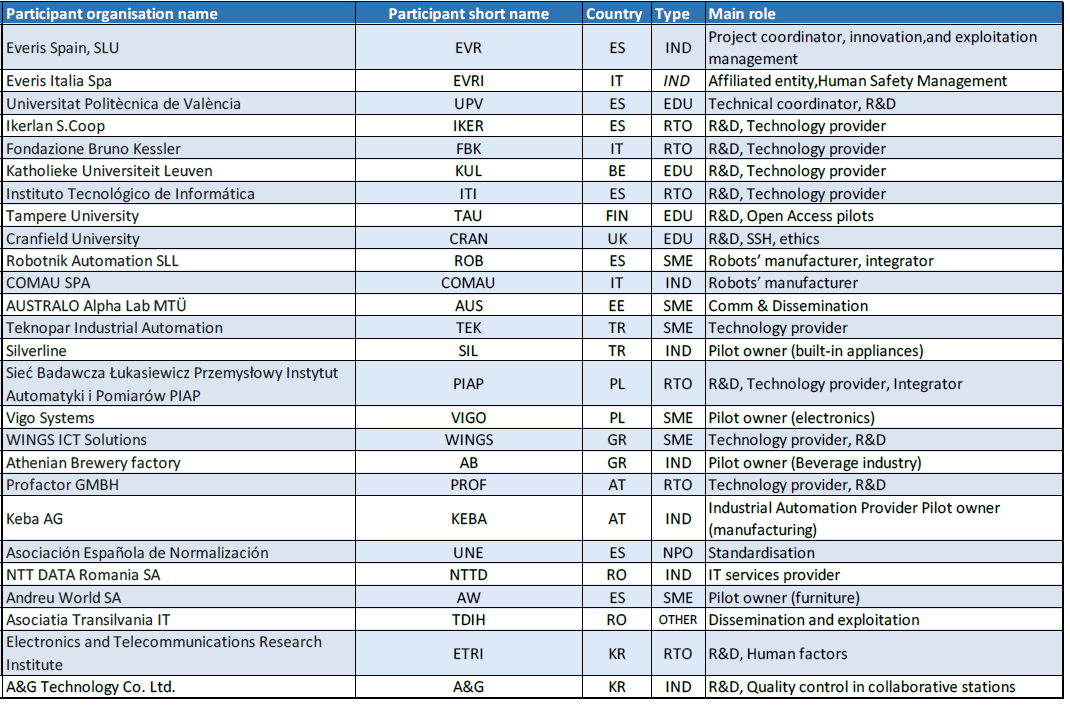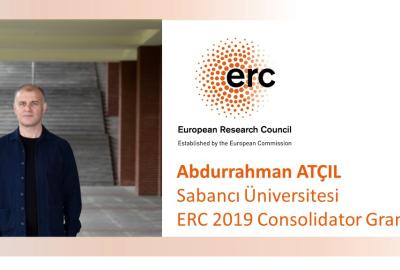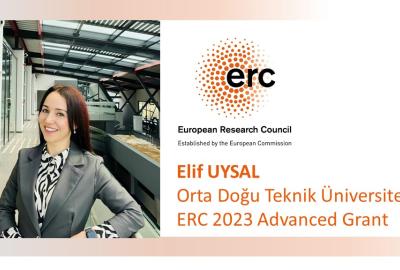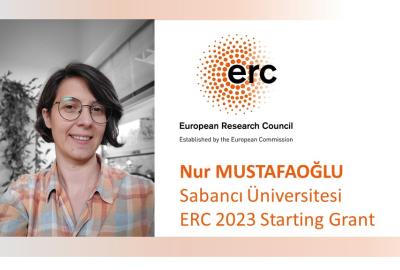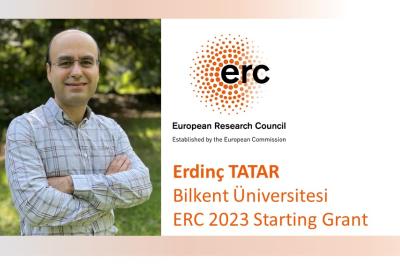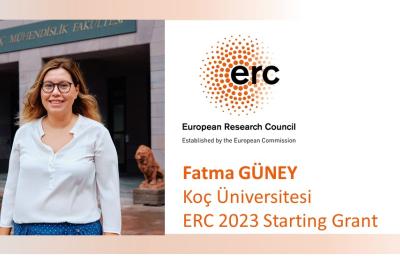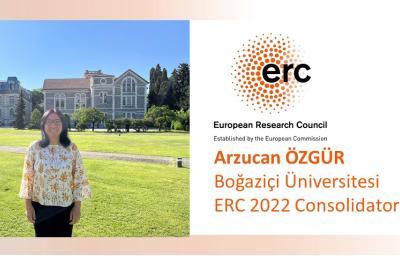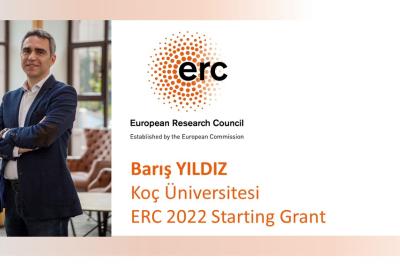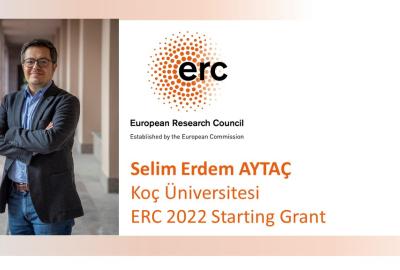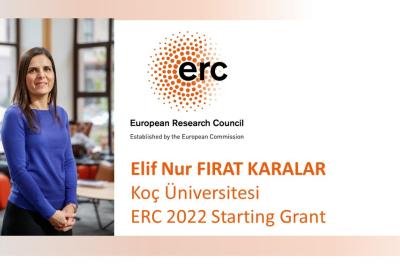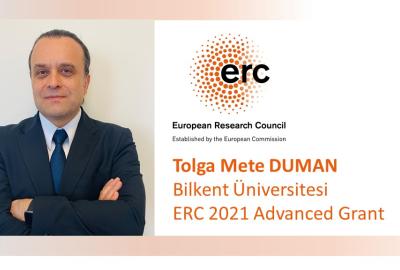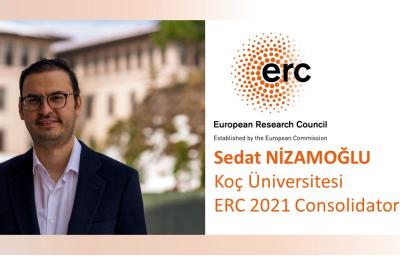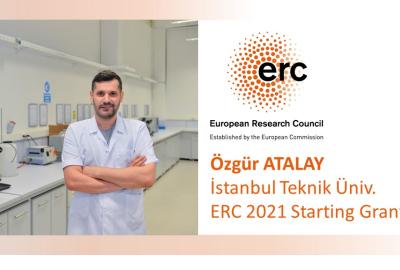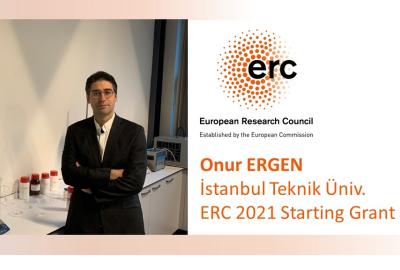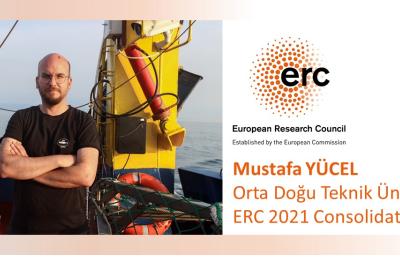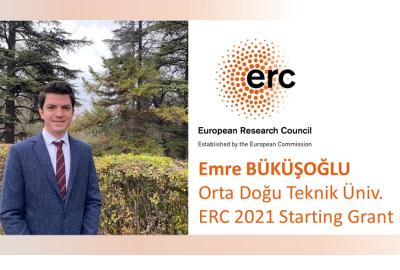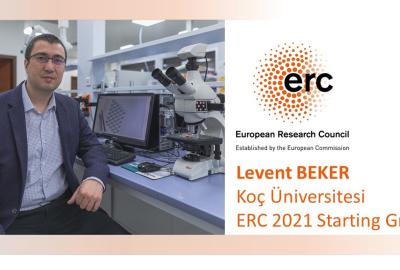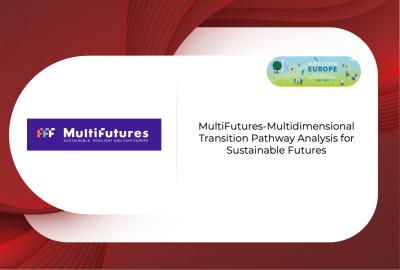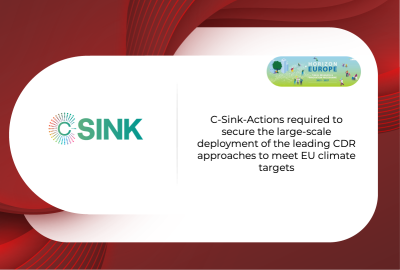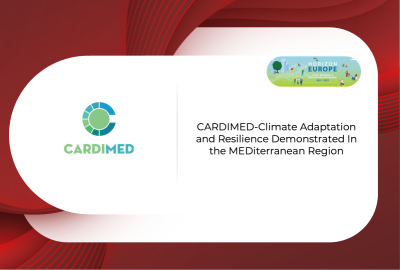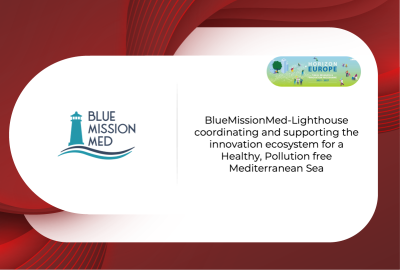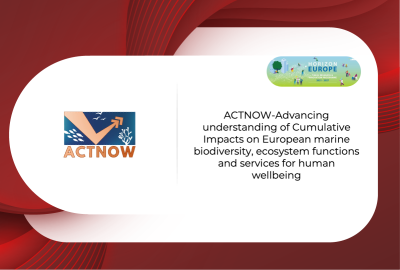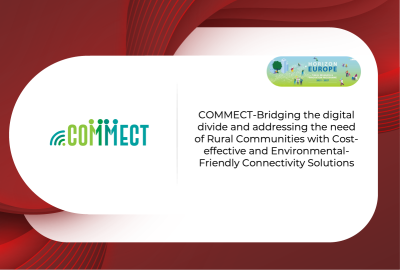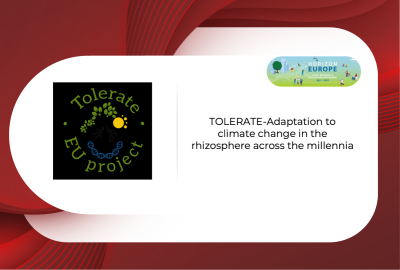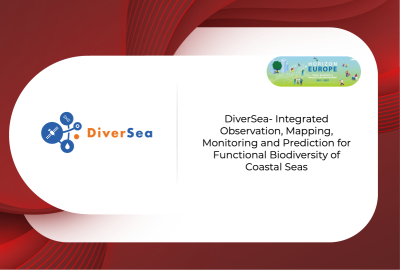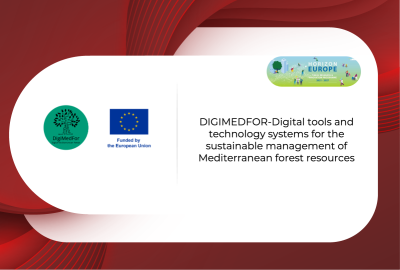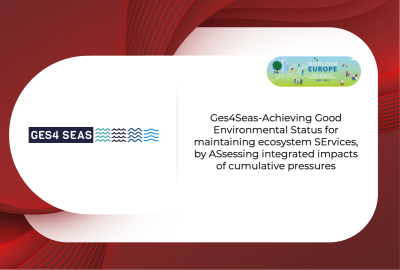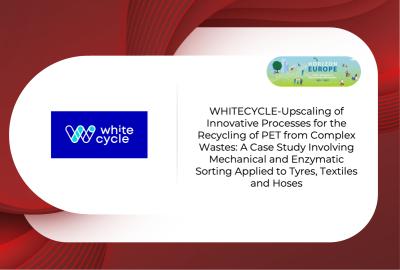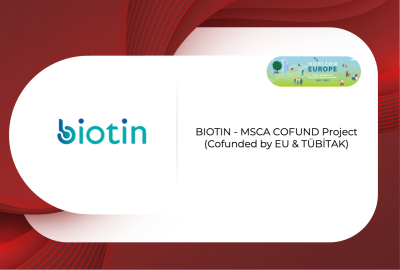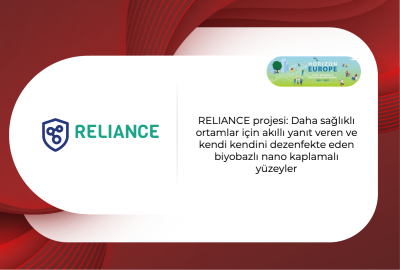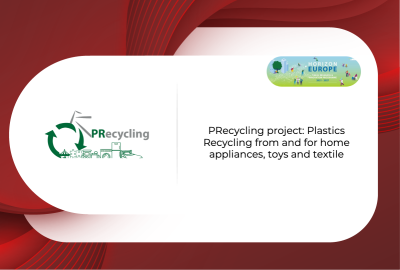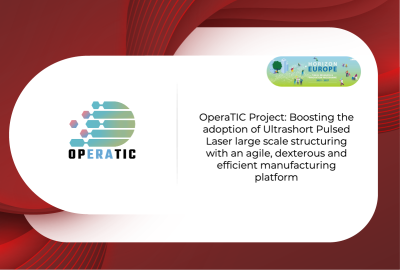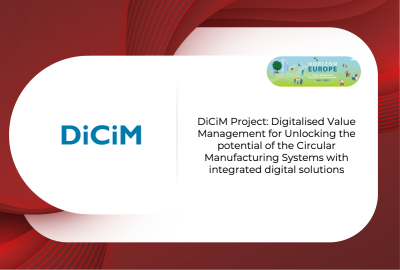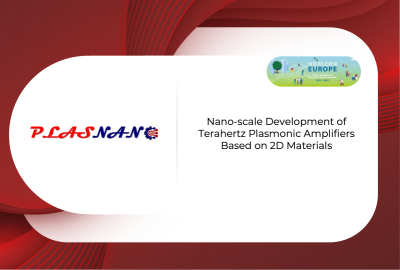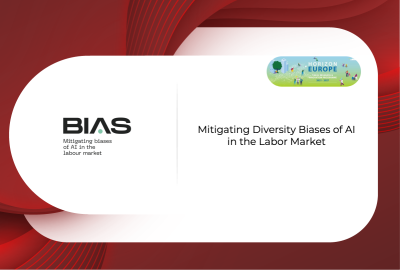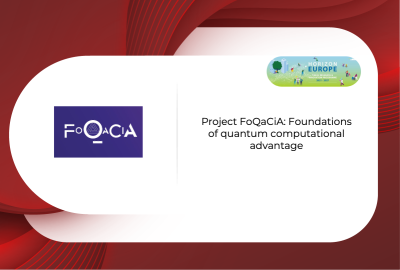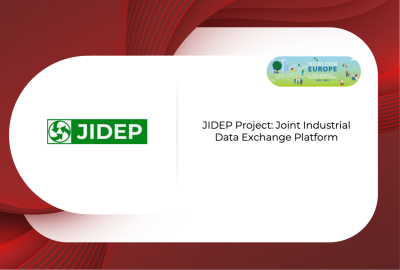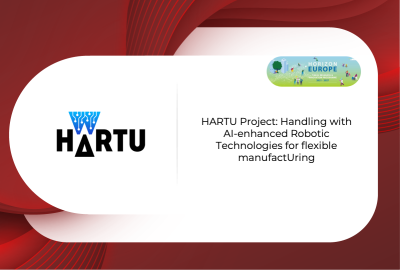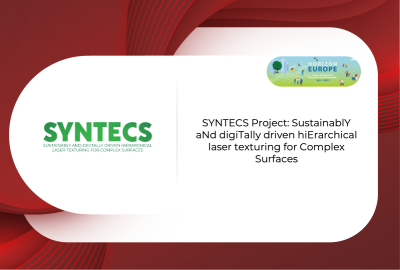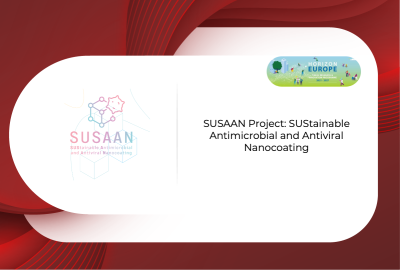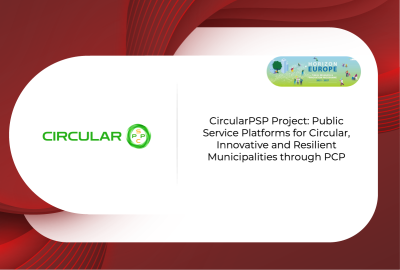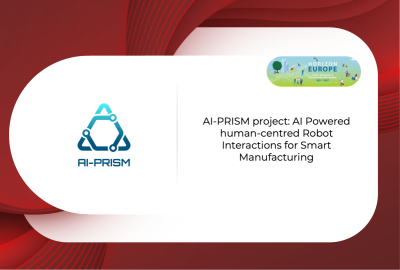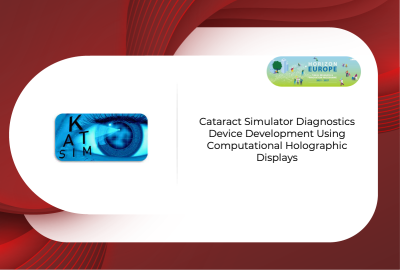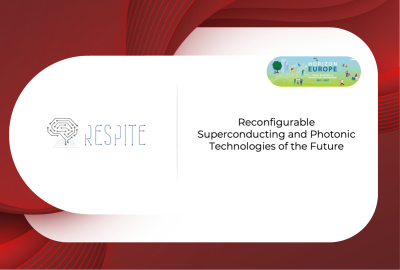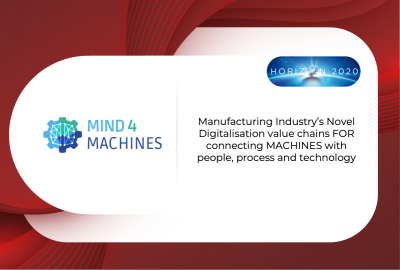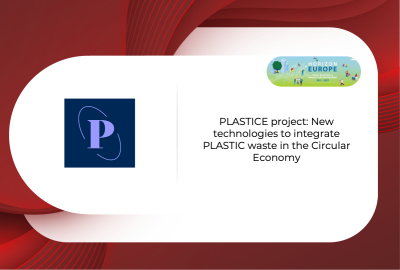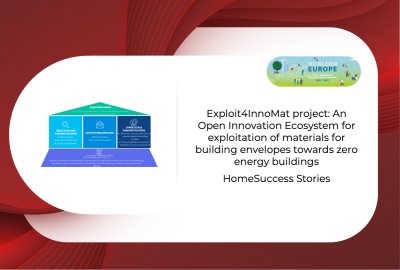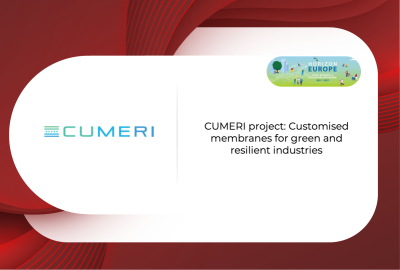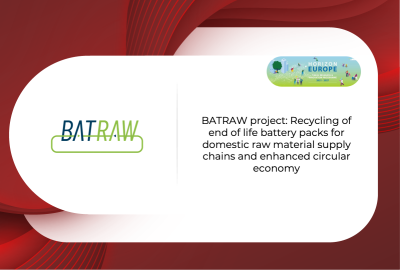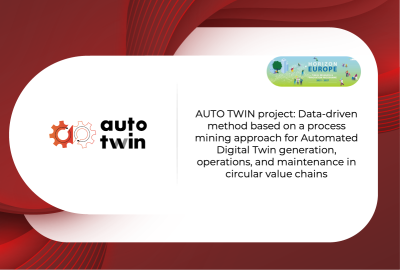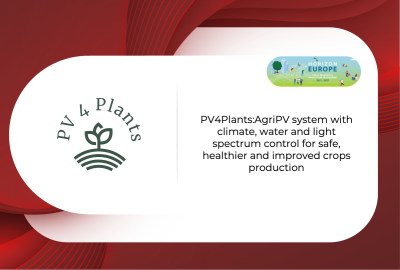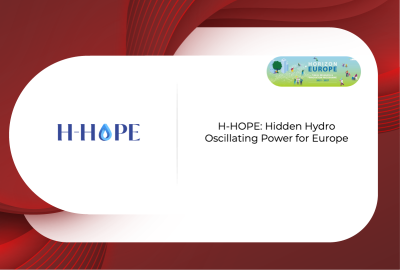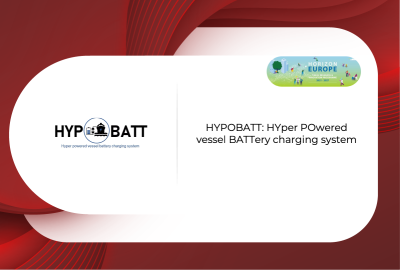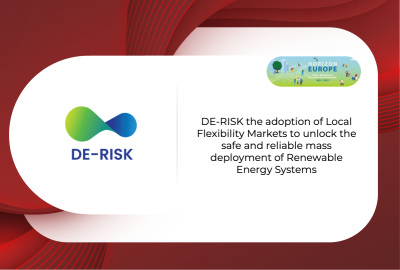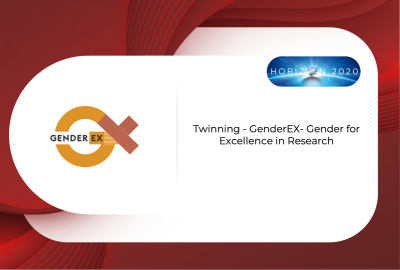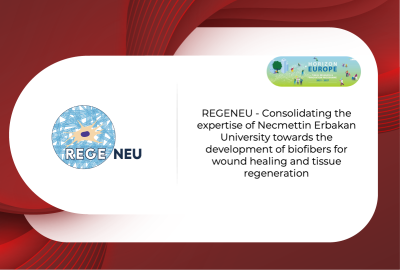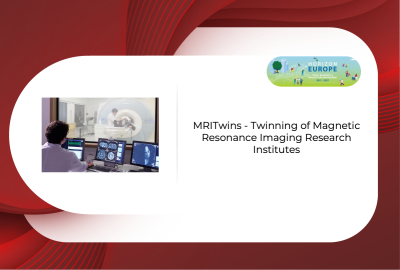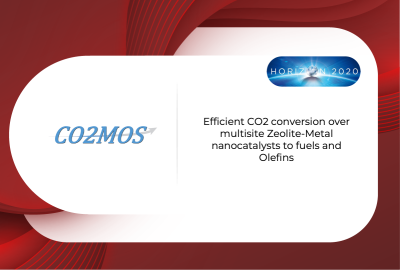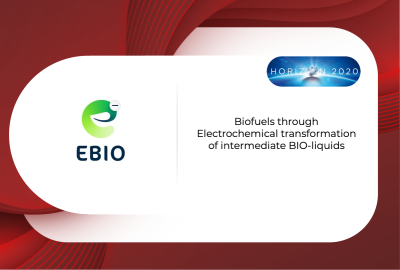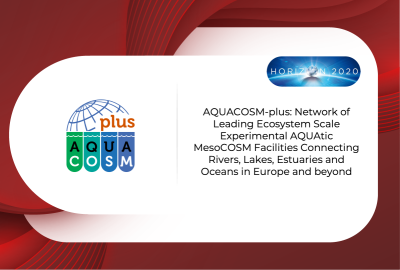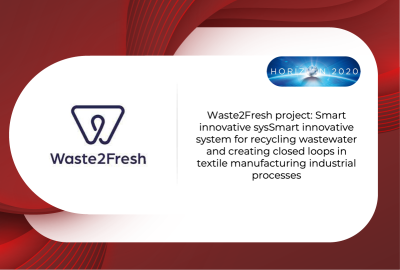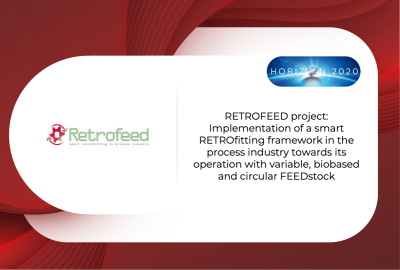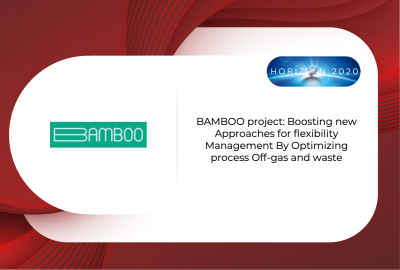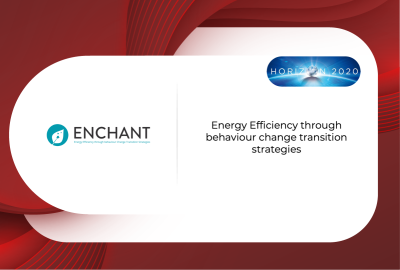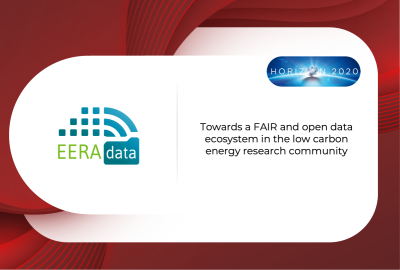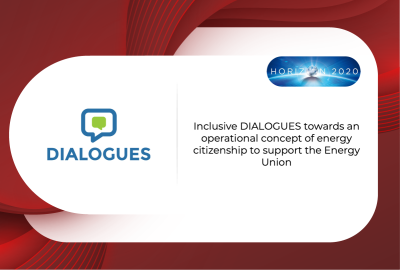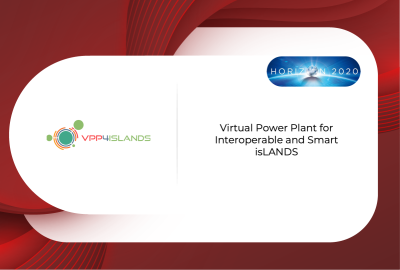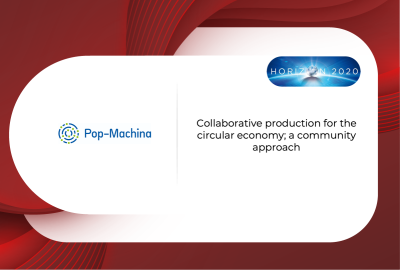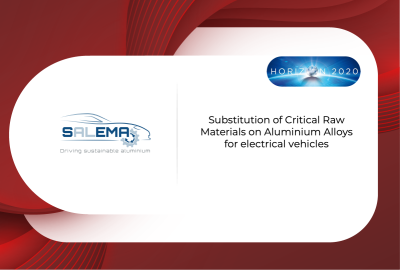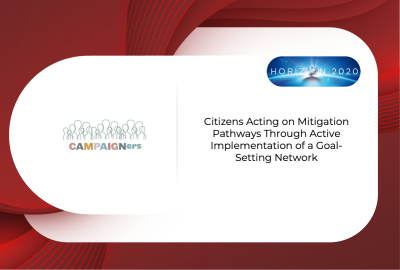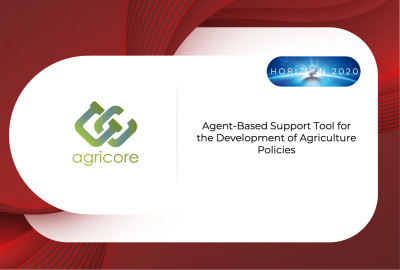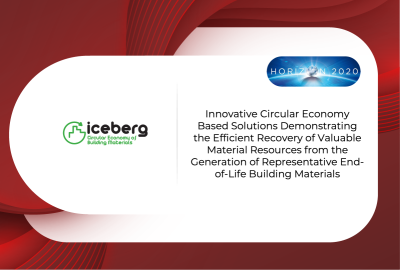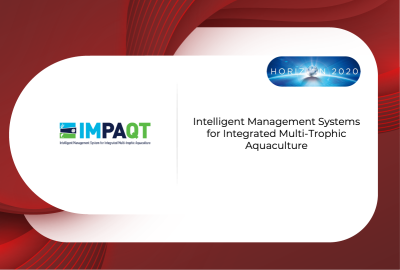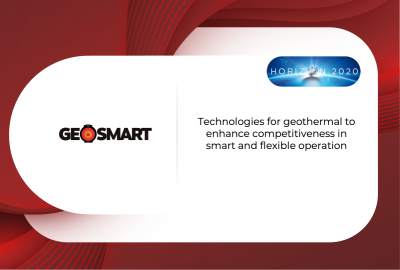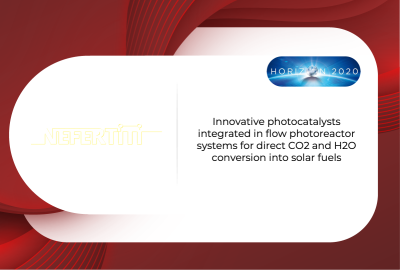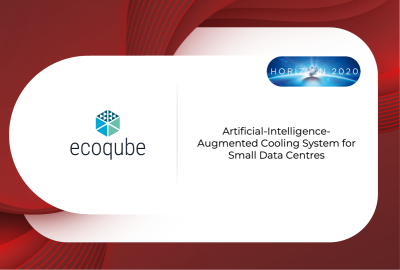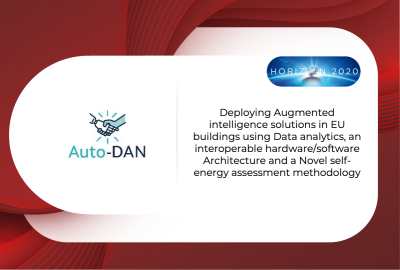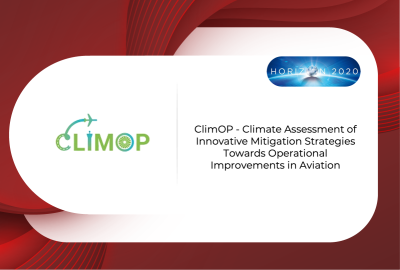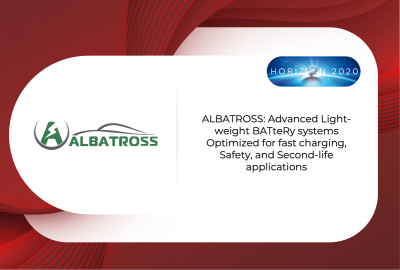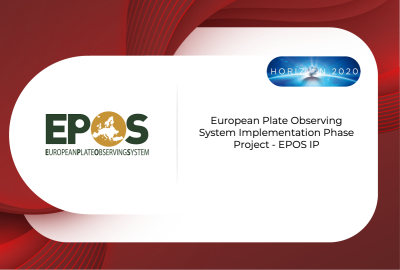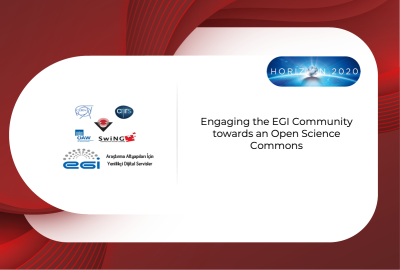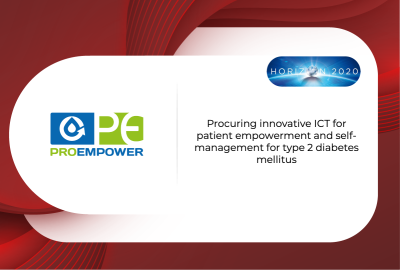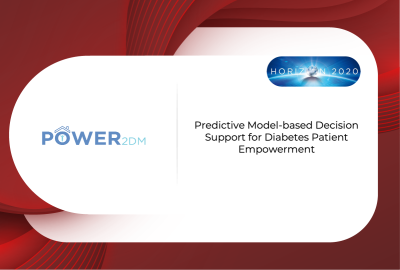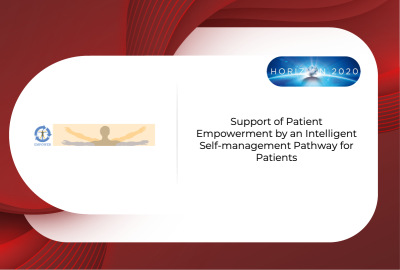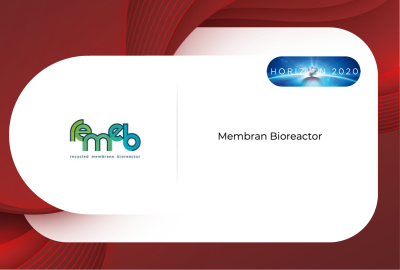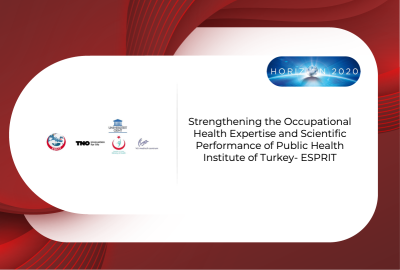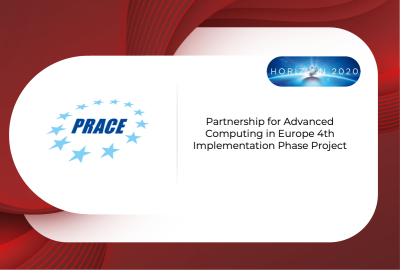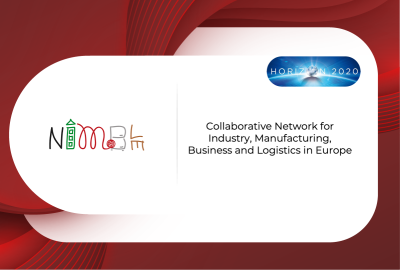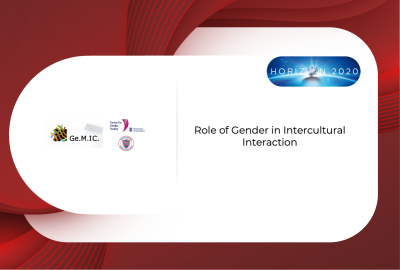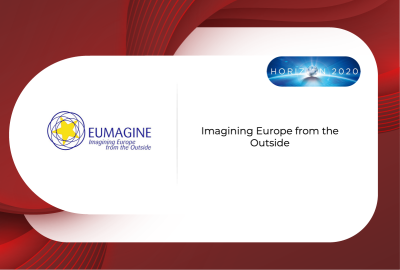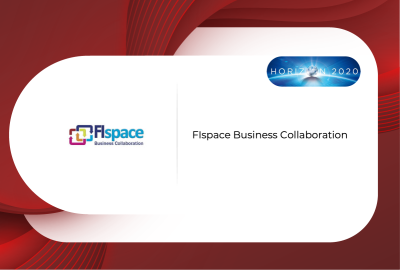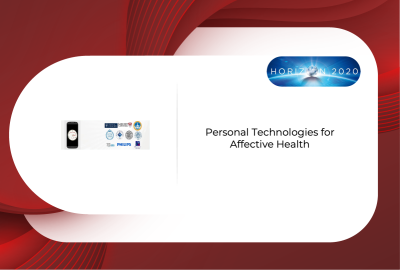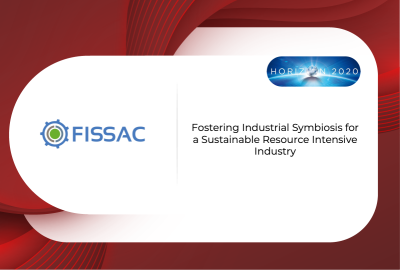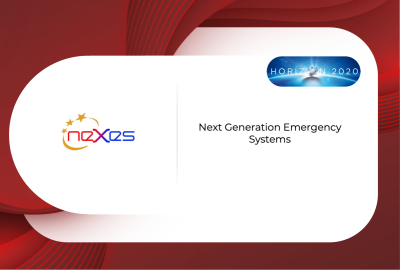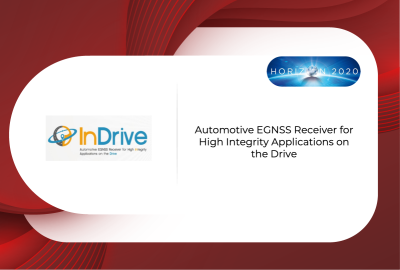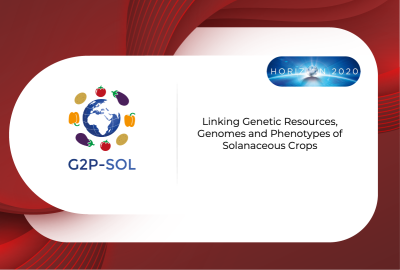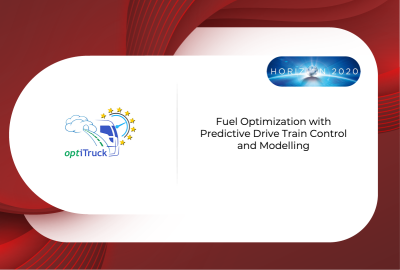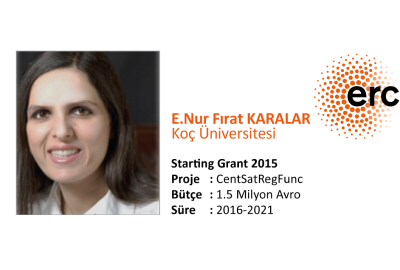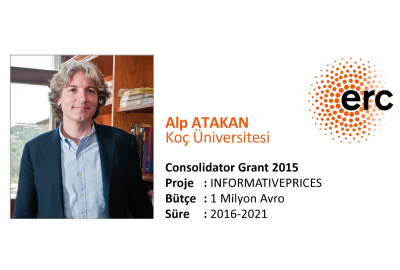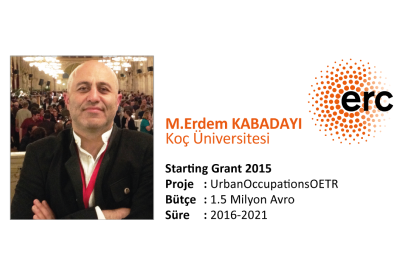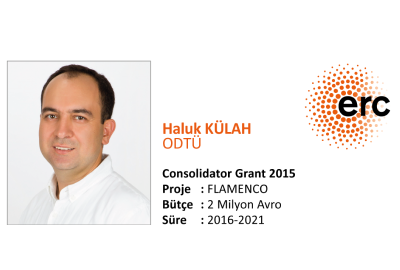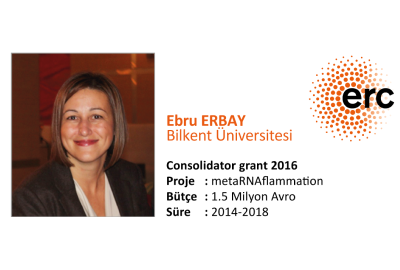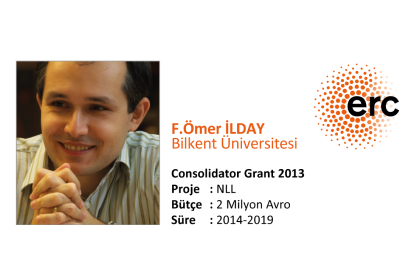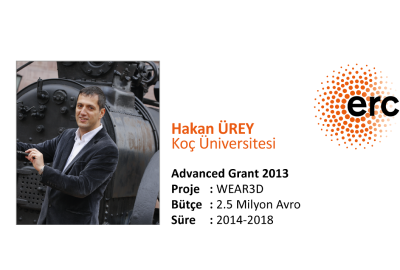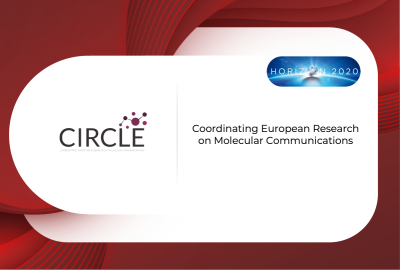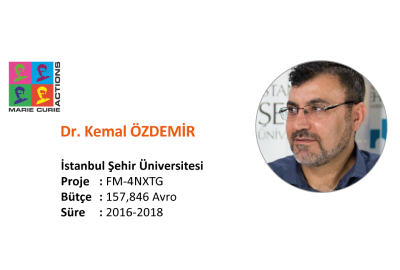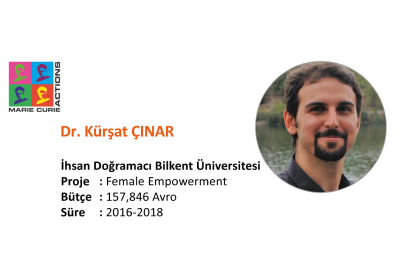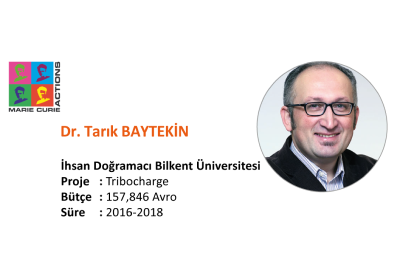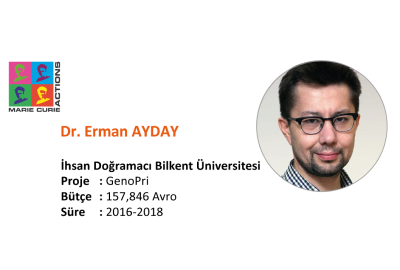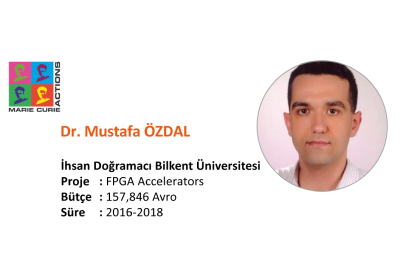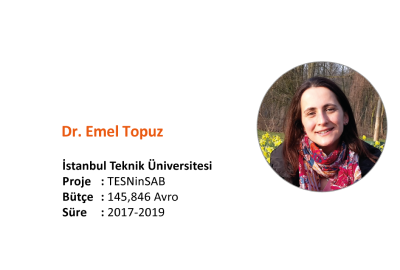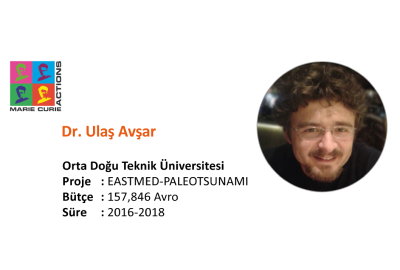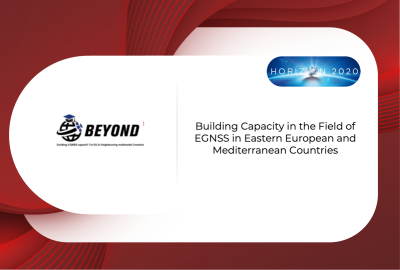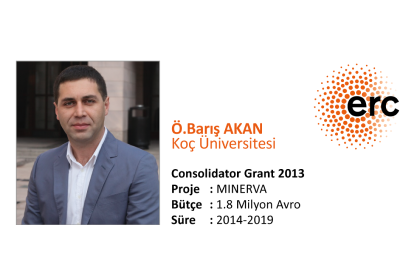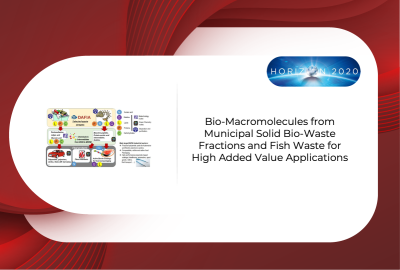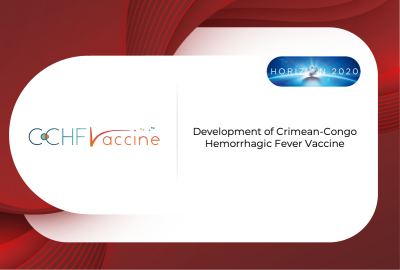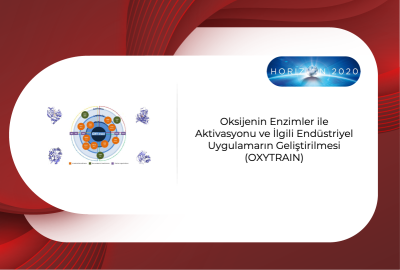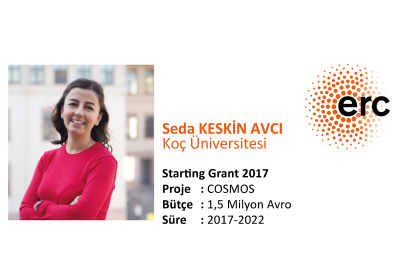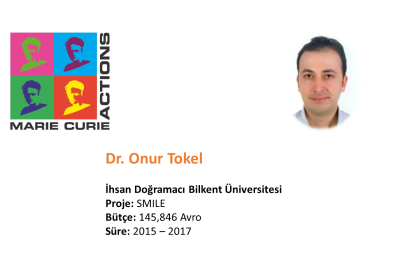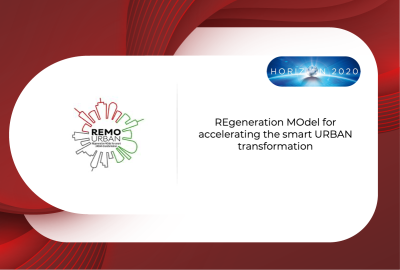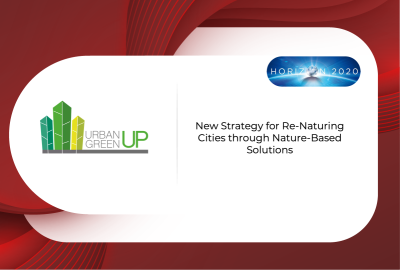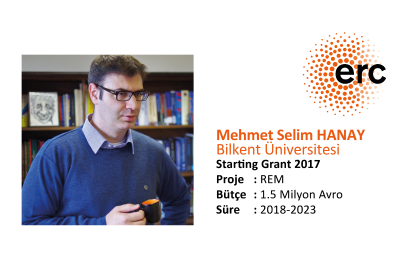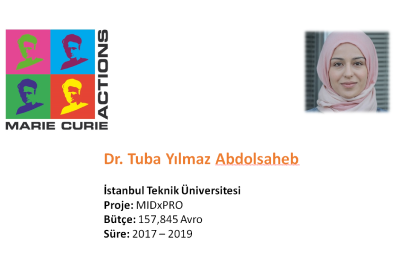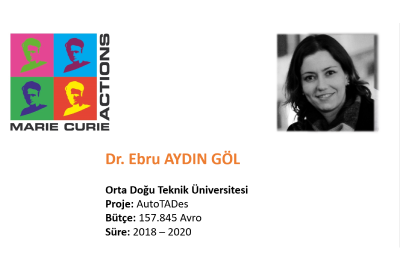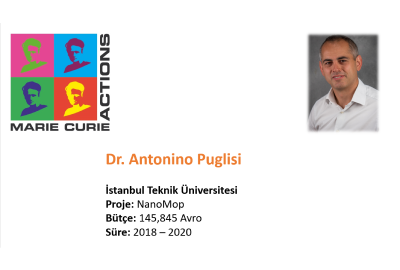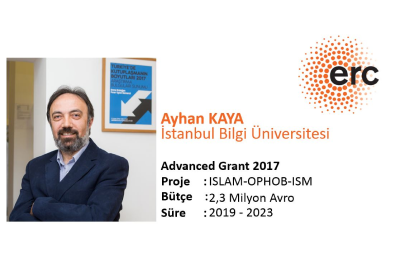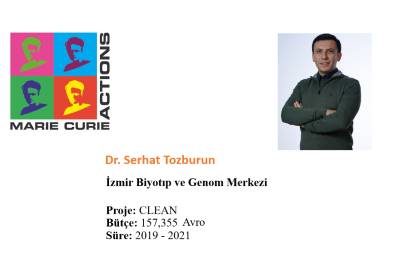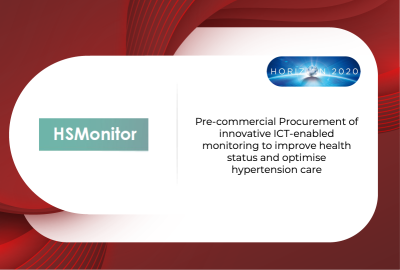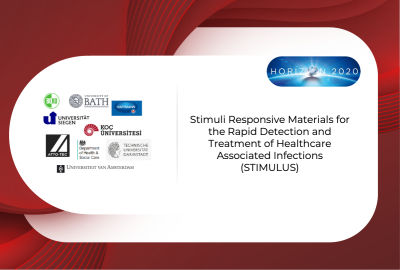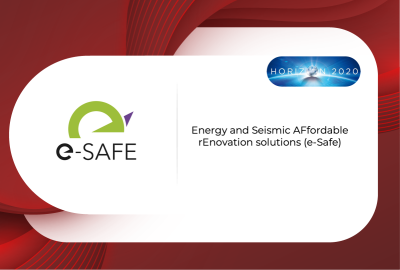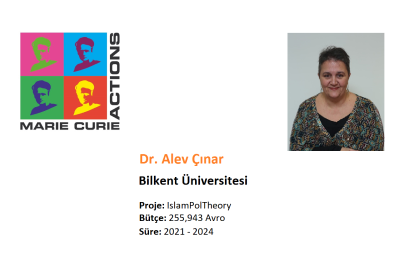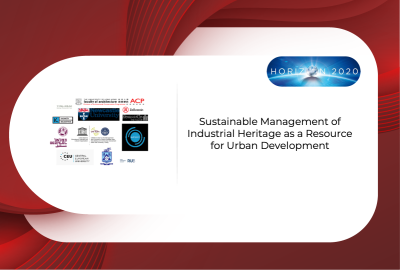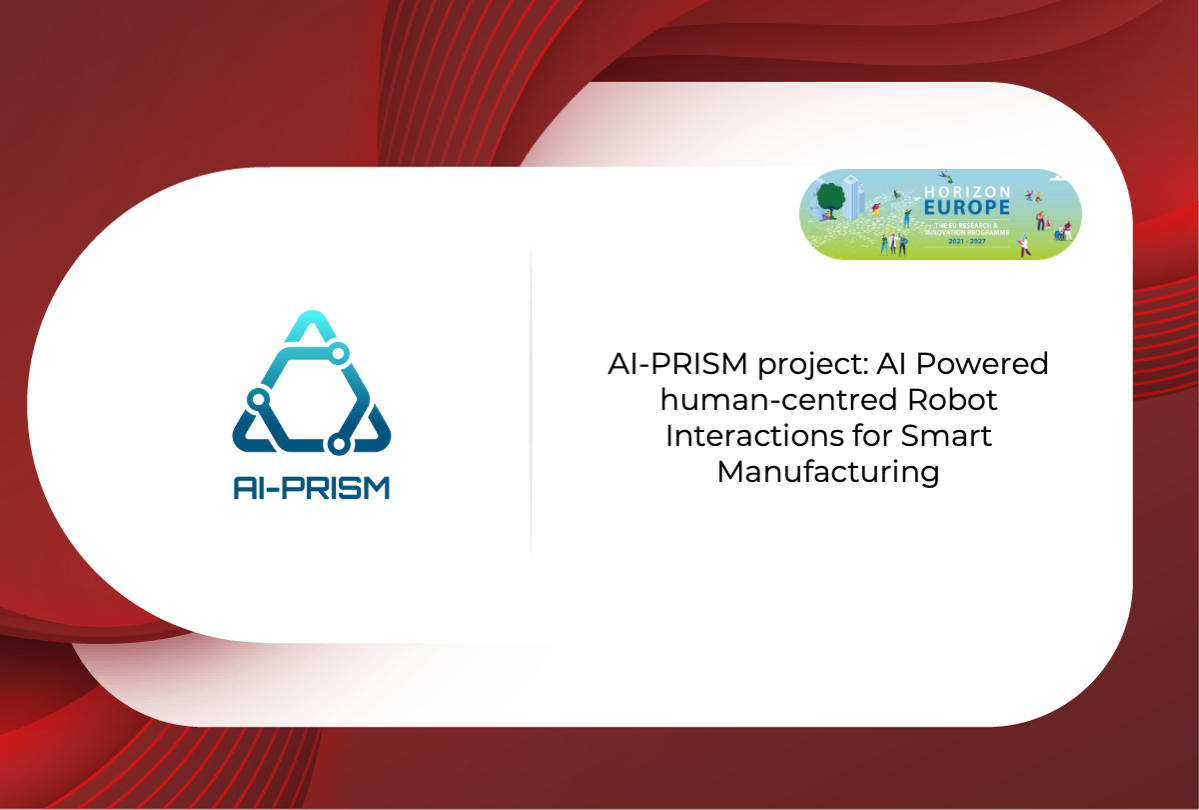
Coordinator
NTT DATA SPAIN
Project Total Budget
11.042.441,00 Euro
Turkish Partners
TEKNOPAR ENDUSTRIYEL OTOMASYON SANAYI VE TICARET ANONIM SIRKETI, SILVERLINE ENDUSTRI VE TICARET A.S.
Desteklendiği Program ve Alan
Digital, Industry and SpaceSupported Framework Program
Horizon Europe Programme: HORIZON-CL4-2021-TWIN-TRANSITION-01-01 - AI enhanced robotics systems for smart manufacturing (AI, Data and Robotics - Made in Europe Partnerships) (IA)
Project's CORDIS Link
https://cordis.europa.eu/project/id/101058589Project Website
https://aiprism.eu/Project Summary
AI-PRISM is a project driven by industrial end users that will provide a human-centered AI-based solutions ecosystem tailored to manufacturing scenarios with difficult-to-automate jobs and where speed and variety are critical. As a result of its programming-by demonstration modules, the result will be an integrated and scalable ecosystem with installation-specific solutions for semi-automated and collaborative manufacturing in flexible production processes, for which specific robotic programming skills will not be required. The ecosystem will be built on four major pillars:
1) Human Centered Collaborative Robotic Platform,
2) Human Robot Cooperation Ambient,
3) Social Human-Agent-Robots Teams Collaboration, and
4) Open Access Network Portal.
To facilitate assessment of the performance, transferability, scalability, and large-scale deployment of these solutions, four pilots involving key manufacturing sectors- Furniture (ES), Food/Beverage (GR), Built in Appliances (TR), and Electronics (PL), plus one generic demonstration facility - will be conducted under real operational environments (AT). The project aims to use technology innovation to support a paradigm shift in which AI, robotics, and Social Sciences and Humanities (SSH) integrated in the manufacturing domain for the improvement of flexible production processes become a feasible and widespread alternative for European factories, particularly SMEs. The initiative relies on a robust consortium of 25 partners from 12 nations, including international cooperation with Korea, to accomplish this. The consortium brings together all actors in the Human Robot Collaboration (HRC) value chain, including relevant competence centers, technology providers, equipment providers, integrators, and manufacturers/end users, as well as key expert partners in SSH, standardization, exploitation, and dissemination.
Scientific Output/Outcome Expected From the Project
Artificial intelligence (AI) and digital technology advancements have revolutionized a wide range of industries and sectors. Many advantages, including increased efficiency, safety, and speed, are on the plus side. The drawback is that effective AI-powered workplaces demand expertise in robotic programming. Additionally, several steps in the production process need the assistance of human workers. In this regard, the EU-funded AI-PRISM project will create an ecosystem of human-centered AI-based industrial solutions. This ecosystem will boost productivity, cooperation, and working conditions between humans and robots. Also, it will require a lot less technical knowledge. The project's flexible production techniques that incorporate robotics, AI, and social sciences and humanities will also increase workplace productivity.
Target Group of the Project
The target groups of the project are as listed below.
- Manufacturing Industry: Factory/Plant Managers, Production Line Managers, CTOs, R&D Departments/ Units, Mechatronics Engineers and Human Workforce
- Digital Technology Providers: IoT Manufacturers/ Platform Providers, Robot Manufacturers/Suppliers, AI Engineers/ Data Scientists, Service/App Providers, Autonomous System Integrators and Standardization Technical Committees
- Social Innovation Sector: Human-Robot UX Researchers, Civil Society Organisations, Privacy, Security, Legal Agencies, Ethical AI Researchers, Digital Education Providers and New European Bauhaus
- Advocate Ecosystem: Horizon Europe Partnerships, EU Technology/ Manufacturing Associations, EU DIHs / Digital Europe Programme, EIT Digital/ Manufacturing and H2020 Projects
- Policymakers: European Commission, Public Agencies, Regulators and Observatories/ Think Tanks
- Society: General public and non-specialised media
Importance of the project in Tackling Global Challenges
AI-PRISM's goal is to immediately mobilize the expertise and resources of organizations promoting the sector's digital and environmentally friendly development. The project will take advantage of the consortium's involvement in dynamic ecosystems to forge synergies and broaden the scope of the partnership between the "Manufacturing Industry" and "Digital Tech Providers." This will organize a competitive, environmentally friendly, digital, resilient, and human-centric strategy for Europe's manufacturing sector. AI-PRISM examines how the EU manufacturing sector will develop from now until it sets the standard for the green transition, addressing the challenge of increasing productivity while using less resources. The asset intelligence system known as AI-PRISM will democratize flexible process automation for all manufacturers in Europe, increasing production efficiency and facilitating the green transition at a minimal capital cost. Operating highly efficient systems and digital twins, made possible by AI-PRISM, will have a net mitigation potential of 30% for industrial power use, which, when converted to environmental footprint, accounts for a reduction of 50–60% of CO2 emissions in 2050. (Compared to 2010 data, where industrial CO2 emissions were 13.14 GtCO2).
Scientific/Social/Economic Innovative Contribution
Scientific Impact: By 2030, more than 10,000 EU manufacturing SMEs will have a basic understanding of HRC and AI tools, with 30% of them deploying any of this cutting-edge technology.
Social Impact: The need to appropriately address individual differences and needs in order to enhance workforce inclusion across gender, culture, ability, age, and other factors is a major concern. To this purpose, the content of the project will be designed with the social and cultural benchmark data gathered in the project mind so that it is suited to/tailorable for various worker demands.
Techno-Economic Impact: The AI-PRISM solution is anticipated to reach "TRL 8: Initial Commercial System" by 2030, at which point all technological systems and processes supporting the commercial activity will be in a ready state. This goal will be achieved through an upscale of the project's assets and pre-commercial-scale system demonstrations in operational settings. In comparison to EU financing, the anticipated Gross Return on Investment generated by AI-PRISM in ten years will be 150%.
Accredited technology vendors who adhere to the solution will see a 10% rise in sales, increasing their turnovers (in comparison to the competition in the same market category).
With the AI-PRISM system, large industrial enterprises will experience cost reductions of at least 10% and revenue growth of 5%. Small manufacturers using the AI-PRISM solution will experience at least a 40% reduction in expenses and a 25% rise in revenues.
Contribution to the Development of Professional Skills
The main goal of creating the skills analysis and development framework is to give workers a reliable and efficient way to improve the ability to rapidly and easily adjust to new processes and demands when working with industrial robots in particular, as this support is not now available. Specific training materials will be created to simplify the transfer of technical knowledge to employees, support their upskilling to fundamental digital skills, human-robot operational upgrades, and general awareness of AI in order to enable low-threshold access to the solution. However, it is crucial - and innovative - that this training covers both non-technical and technical abilities, given that efficient human-robot interactions require smooth and natural communication. The design of this feature will be based on non-technical skills training methods that have been shown to improve human-human interactions, particularly in medical and aviation situations. With the aid of social innovation, the course materials will be created with non-specialized profiles in mind, localized for each language, and made available through catalogs like I4MS Training as well as during the pilot demonstration. It is planned that approximately 100 employees will receive specific training on how to use robotics and data-rich technologies.
Contribution to the Development of Human Resources
The aim of the project is to have an intelligent and adaptable control station with the cooperation of humans and robots. The tasks involving human-robot collaboration will include visual control, grounding test, and function test based on safety protocols. Following the successful integration, testing, and fine-tuning of the AI-PRISM system for each individual use case, customized training sessions with end users' operators will be conducted. The goal of these training sessions is to teach a larger number of operators in order to demonstrate the system's performance under real-world settings and address non-technical performance indicators such as the operators' response and acceptance of the robot, as well as their pleasure, etc. Also, application of the robotic solution will increase the resource efficiency by release of human resources and their reorientation to more productive and added value tasks. It will results in reduction of cognitive load required from the operator and time for decision making by %10.
Information about other partners in the project
AI-PRISM is a project driven by the industry, in which industrial manufacturers, as the final users, are supported by experts in the fields of AI, robotics, and smart manufacturing. The selection of each partner in the AI-PRISM consortium was made to ensure the scientific outcome and industrial uptake of tangible results in the form of a human-centered AI-based solutions ecosystem targeted to manufacturing scenarios with difficult-to-automate tasks. The consortium is composed of 26 organizations from 12 countries, including 6 research and development partners, 4 academic partners, 8 large industrial partners, 7 SMEs, and one standardization body. The RTO and academic partners focus on technical developments, assessment, and transferability of the project results, while business modeling and exploitation are led by industrial partners and SMEs. The project emphasizes social sciences and humanities with a human-centric approach, led by CRAN and the AI-PRISM Alliance. The specific role of each partner is provided in the table below. EVERIS Spain coordinates the project, with expertise in project management and applied advanced research.
